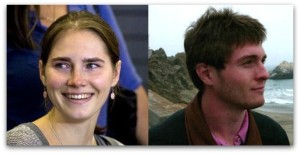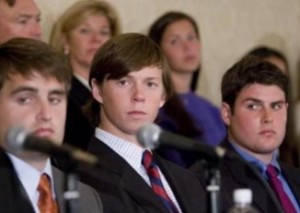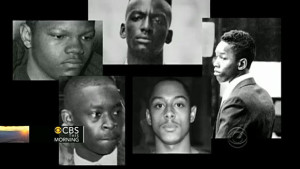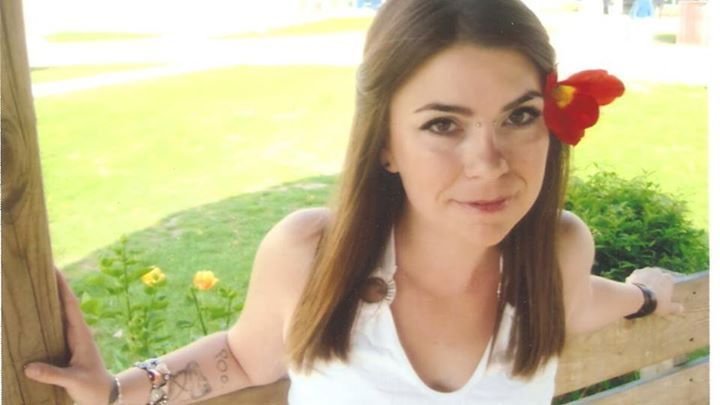
There is no doubt that the media is capable of influencing high profile cases. The Amanda Knox and Raffaele Sollecito case was a perfect example of this. Media coverage played a major role in the wrongful conviction of Knox and Sollecito in Perugia, Italy. Both were found guilty for the murder of Meredith Kercher in late 2009, and later declared innocent on appeal in October, 2011.
Knox was mistreated horribly as the media took hold of a wild fantasy spread by a corrupt prosecutor that led to endless disparaging headlines about Knox. Unfortunately for Knox, those headlines were seen all around the world long before any evidence was even collected. With the help of the media, prosecutor Giuliano Mignini’s fictional character, the satanic ritualistic sex crazed killer, Foxy Knoxy was born. As we would all later find out, Foxy Knoxy was not a sex crazed killer after all. She was a sweet innocent eight year old soccer player. Knox was given the nickname as a child for her sly moves on the soccer field. By the time the world found out who the real Foxy Knoxy was, it was too late. The damage was done.
Unfortunately, the despicable media behavior witnessed during the Knox case is not unusual.
.

The Duke lacrosse case
The Duke lacrosse case is an excellent example of how the media can have a negative influence on high profile cases. Much like Amanda Knox, the defendants in the Duke lacrosse case were thoroughly demonized by the media. Continue reading →
.

The Central Park Five
The Central Park case showed how media fuels injustice. The case set off a media frenzy in the crime-plagued city that soon spread across the United States after police announced that the five youths had confessed that they had committed the rape as one of a series of random assaults they and other teens committed in the park that night, a process they supposedly called “wilding.” Continue reading →









